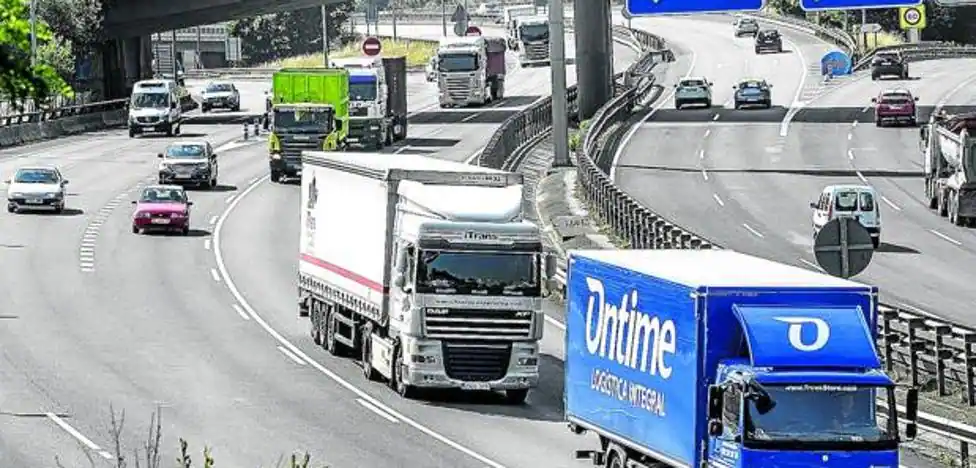The minister meets with more than 30 food chain representatives to whom he asks for an “extra effort” to curb inflation
The Minister of Agriculture, Fisheries and Food, Luis Planas, has been meeting since Monday at 11 a.m. with supermarkets, distributors, associations of farmers and ranchers, consumers, etc. to analyze the evolution of food prices and the impact of VAT. discount on certain products. All eyes are on this meeting where new necessary measures can be agreed to alleviate this basket escalation, such as extending the meat and fish tax credit.
For the time being, United Podemos’ proposal to subsidize 14.4% of the shopping basket will not go through, according to the minister himself in an interview with this newspaper published this weekend. Planas is responsible for chairing the plenary meeting of the Food Chain Observatory, which is not the first time it has met, but which had to be convened in an extraordinary manner last Wednesday after learning that food inflation had risen 15.4 last month. %, barely three-tenths less than in December.
The measures taken so far are the reduction of VAT from the reduced rate of 4% to 0% on bread, flour, milk, cheese, eggs and fruit and vegetables, while pasta and oils from 10% to 5% went. In addition, the deadline to apply for the check of 200 euros for vulnerable families has already opened, something that almost 900,000 households have already done, according to data from the tax authorities.
In the meeting there are more than 30 representatives of the sector. From the Union of Small Farmers and Ranchers (UPA), the assistant general secretary, Cristóbal Cano, pointed out a few minutes before entering the meeting that his sector is not responsible for the rise in prices, but that “you have to go to the accounts look and benefits of the large distribution.” “The increase in fuel, fertilizer and energy costs means we are on the verge of viability,” explained Cano, who demanded the extension of the VAT reduction for meat and fish – in addition to other products such as honey, preserves or yogurt – because the effect observed with this measure is “positive”.
However, the proposal of the purple wing of the coalition government to discount certain products in the shopping cart by 14% to offset the rise in prices since the start of the war in Ukraine could have a “negative” impact. “There are measures that can have a negative impact,” said economic vice president Nadia Calviño, even if they are done “with the best will”. For example, with regard to this proposal, he indicated that these are “very complex” issues that could have a “very significant impact on public finances”.
Source: La Verdad
I’m Ben Stock, a journalist and author at Today Times Live. I specialize in economic news and have been working in the news industry for over five years. My experience spans from local journalism to international business reporting. In my career I’ve had the opportunity to interview some of the world’s leading economists and financial experts, giving me an insight into global trends that is unique among journalists.



